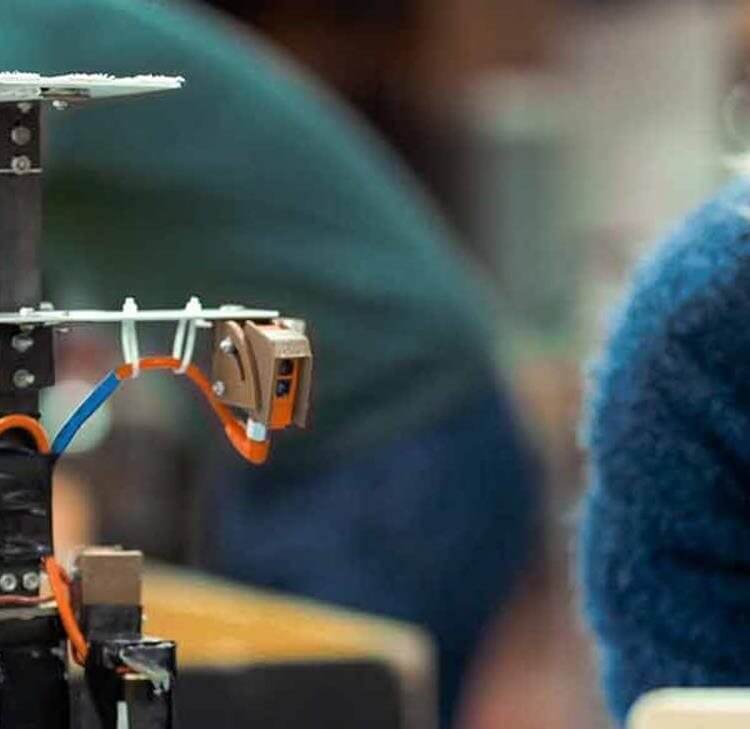Sky’s overly broad trade marks narrowed as found partially invalid for bad faith
Lord Justice Arnold has applied the guidance of the Court of Justice of the European Union (CJEU) to the evidence before him, in the long standing trade mark dispute between Sky and Skykick.
Lord Justice Arnold has applied the guidance of the Court of Justice of the European Union (CJEU) to the evidence before him, in the long standing trade mark dispute between Sky and Skykick. The CJEU confirmed that a lack of intention to use part of a trade mark when registering it could amount to bad faith in relation to that part. However, it also suggested the circumstances when this would be the case were narrow and the evidential burden high.
However, the UK judge found that Sky had included in its registrations (a) items like "whips" it had no intention of using at all and (b) items described so broadly, Sky did not and could not intend to use them across their breadth (e.g. "computer services"). He ruled that Sky applied for these with "the intention of obtaining an exclusive right for purposes other than those falling within the functions of a trade mark, namely purely as a legal weapon against third parties". This was evidence of bad faith.
The outcome of this judgment for Sky, subject to any appeal, is that many items in its specifications are to be re-written in much narrower terms.
Skykick's defence in relation to Sky's registration for "electronic mail services" depended on invalidity for lack of clarity or the whole mark in issue being invalid for partial bad faith; which the CJEU had ruled out. Skykick was therefore found to infringe this.
Going forward this decision is likely to mean that:
- including items which are very obviously inconsistent with any sensible commercial strategy of the business that is making a UK trade mark application is not advisable
- including very broad terms, particularly computer services, in a UK trade mark application is now more likely to meet objections from the UK Intellectual Property Office (UKIPO) increasing filing costs and delay, so such terms may also not be included so frequently
- UKIPO and EUIPO/EU27 filing strategies will gradually start to diverge
- trade mark infringement actions, particularly in the UK, will frequently be met with Skykick invalidity arguments, therefore these issues should be considered when devising enforcement strategies









































